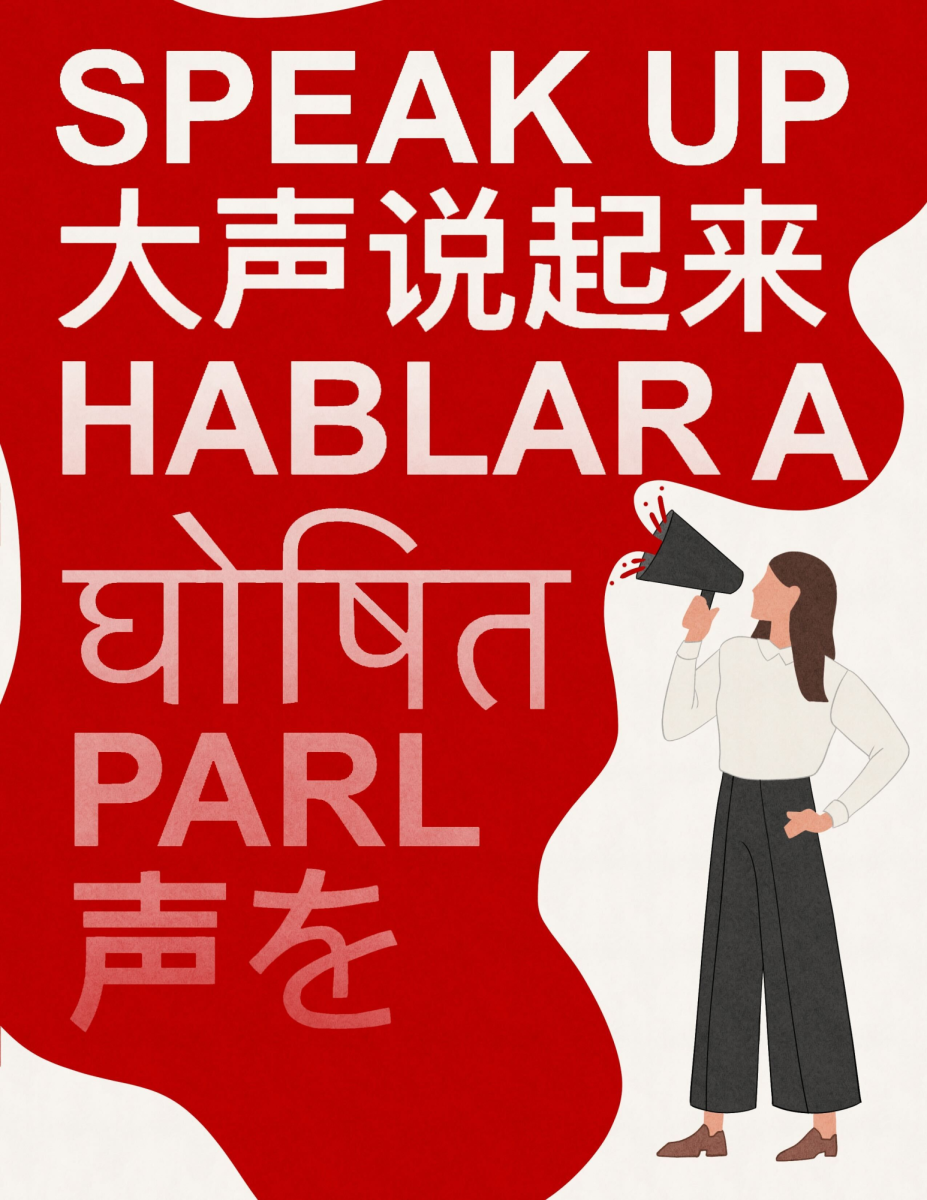ABBY TEKLU

ophomore Abby Teklu was once told by a classmate that her hair looked “like a wall.” She had no idea how to respond to such an odd remark. Although Teklu explains that for the most part, people have been friendly to her at school, she still faces racial discrimination.
“I absolutely get the feeling that people feel some way about me indirectly,” Teklu said. “There are a whole bunch of standards by which people choose to perceive me as. It sometimes affects my interactions with people, like if somebody is hesitant to approach me or think[s] I’m not good enough to do something academic.”
Judgment goes both ways. Teklu also explains that she is sometimes assumed to be superior to others in athletics because of her race. She feels that although it is still a judgment based on race, it is weirdly welcoming because these assumptions lead to greater inclusion. Racial judgment overall, though, has long scared her self-confidence.
“For the longest time I’ve had to deal with this problem of personally feeling like I am less[er] because of all those outside pressures and assumptions,” Teklu said. “Now I have come to learn that I am not any less than anybody else. I try just as hard as everybody else.”
Teklu said that her parents raised her in a very liberal manner, exposing her to less biased news sources regarding and teaching her the pride within being African American. She was taught about many black historical figures by her parents and shown that race is never a factor regarding success and happiness. Teklu feels that the education at Monta Vista has also shed a non-biased light regarding African Americans in history; however, that still doesn’t prevent judgment. She feels that the most important aspect of creating a racially welcoming environment is to rid judgment and teach people to be enthusiastic about reaching out and replacing assumptions with truths.
PIERRE GRUBB

enior Pierre Grubb is a partially African American student at Monta Vista and doesn’t feel any discrimination because of his race. He explains that from his observations most people at school have been extremely sarcastic, but never racist. Grubb feels this is the result of the liberal bubble which the Bay Area is engulfed in, shielding us from discrimination and racism much more prevalent in other parts of the United States.
“I have never felt… persecuted or anything at Monta Vista because of my race,” Grubb said. “Even when it comes to micro-aggressions, there’s really none that I can think of. This school and this area are generally really tolerant, so I guess I should be really grateful to live in an area as tolerant as this.”
Discrimination, however, is still very alive in Grubb’s universe — especially based on gender. He has many non-binary friends who face discrimination. Grubb said that his friends are often told that their gender orientation isn’t real and that the idea of being non-binary is only an illusion. In Grubb’s experience, many MVHS students do not accept the LGBTQ+ community and refuse to accept their orientations. Grubb feels strongly about this discrimination because many of his close friends are non-binary. He said that their orientations have never affected his perceptions of them because he didn’t realize their non-binary nature until being friends for very long.
“Education about marginalized minorities and making people realize that their emotions are just as real as everybody else is the most important part of making Monta Vista more welcoming,” Grubb said. “People just need to first learn what it’s like to be discriminated against to embrace students who are minorities.”
Education is also Grubb’s main proposed resolution to taking steps in resolving this issue. He feels that his friendships with non-binary individuals is very valuable because they have shown him the degree to which their emotions are legitimate as well as their orientations. Grubb hopes MVHS can grow to be more accepting and educated about minorities.







